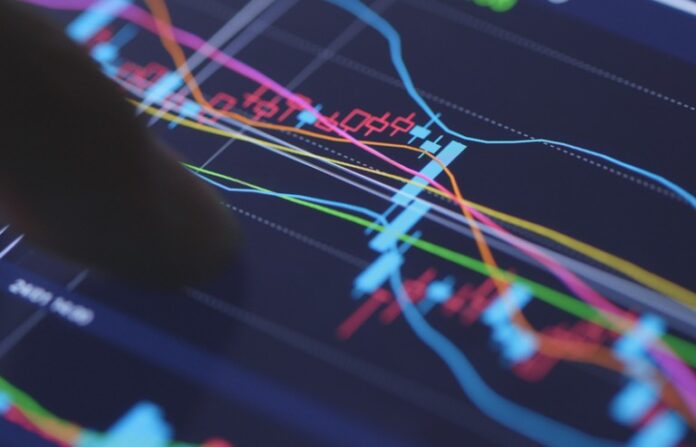Hey there! Have you been exploring different markets to trade and invest in? Well, commodities and currencies are two popular options that attract a lot of interest from traders. But they are also fundamentally different markets.
As a trader, having a solid understanding of these key differences is super important. In this article, we’ll compare these two markets across 5 major parameters in a fun and easy-to-understand way. Let’s dive in!
1. The Underlying Assets
First things first – what are we trading here anyway?
Commodities refer to physical natural resources. Some common examples are grains like wheat, corn and soybeans, precious metals like gold and silver, industrial metals like copper and aluminum, and energy resources like crude oil and natural gas.
Currencies, on the other hand, are mediums of exchange used by countries for trade and transactions. Major global currencies include the US Dollar, Euro, British Pound, Japanese Yen, Swiss Franc, etc.
2. Market Structure
Here’s another fundamental difference – the market structure itself.
Commodity trading happens on centralized exchanges that offer a regulated structure for participants. In India, we have exchanges like the Multi-Commodity Exchange (MCX) and National Commodity and Derivatives Exchange (NCDEX) that facilitate trading in commodities.
The currency market is decentralized and global. There’s no central physical exchange. It includes commercial banks, central banks, hedge funds, businesses, brokers, and individual traders.
3. Pricing Factors
For commodities, prices are generally driven by demand-supply dynamics. Some key factors are production costs, stockpiles or inventories, global economic growth, geopolitics like wars or supply constraints, etc.
For currencies, macroeconomic factors like relative interest rates, inflation rates, trade balances, political stability, and overall economic performance of countries drive currency price movements.
4. Trading Hours
Trading hours for commodities vary across exchanges and contracts. But they function like regular business hours. For example, on MCX, gold trades from 10 AM to 11:30 PM while crude oil trades from 10 AM to 11:55 PM. Other commodities have different schedules.
In currency markets, you can trade 24 hours a day and 5 days a week. The forex market is open round-the-clock on weekdays. This allows currency traders to analyze news and data and react to political and economic developments.
5. Leverage
Finally, let’s talk leverage, which allows you to control larger positions with relatively little capital. In commodity markets, leverage is limited. Exchanges offer leverage between 1:10 to 1:20 based on regulatory limits.
But currency trading offers very high leverage, sometimes up to 1:500! This means currency traders can control Rs. 1 million positions with only Rs. 2000 capital! However, higher leverage also exponentially increases risks.
Conclusion
Both commodity and currency markets offer opportunities. As a trader, it’s crucial to objectively analyze your goals, available capital, risk tolerance, trading style, and preferences before deciding to trade either commodities or currencies.
Both can be rewarding yet risky. Most importantly, learn to manage risks smartly, as that’s the key to long-term survival and success in any financial market. To start trading, open an account with Dhan.
